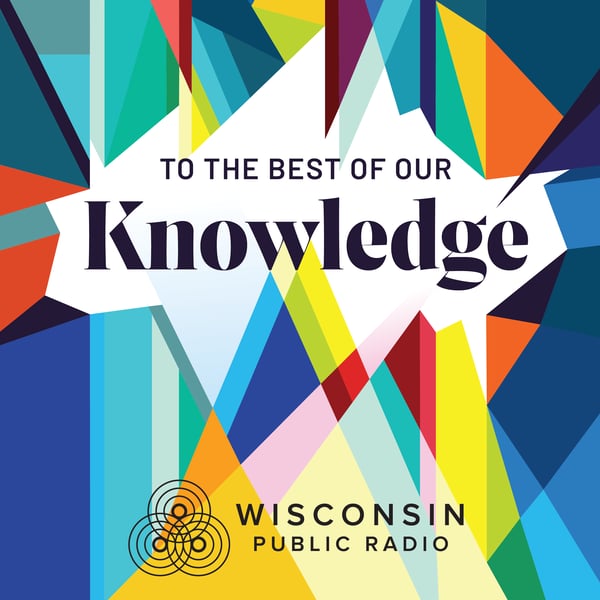Survival (Updated)
To The Best Of Our Knowledge
Wisconsin Public Radio
4.7 • 844 Ratings
🗓️ 5 June 2016
⏱️ 51 minutes
🧾️ Download transcript
Summary
What does it take to survive? We'll meet the oldest living things on the planet and get a list of everything you’ll need to know after the apocalypse. But there’s one thing no one can survive. And that’s death. Or maybe not... Plus, the great Norwegian jazz pianist Tord Gustavsen on groove and sacred music. Erasing Death - Dr. Sam Parnia; The Oldest Living Things in the World - Rachel Sussman; Sonic Sidebar: Patchwork Flight (radio drama); The Knowledge - Lewis Dartnell; Tord Gustavsen's Sacred Music.
Transcript
Click on a timestamp to play from that location
| 0:00.0 | It's to the best of our knowledge. I'm Anne Strange Champs. Today, survival. |
| 0:08.0 | We're going to meet some of the oldest living things on the planet. |
| 0:11.4 | And a NASA scientist with a list of everything you need to know after the apocalypse. |
| 0:16.5 | But first, there's one thing no one can survive. And that's death. |
| 0:21.3 | Unless, well, it depends on just how dead you are. |
| 0:25.6 | Sam Parnia is an intensive care doctor with a sought-after medical specialty, resurrection. |
| 0:31.0 | He can bring patients back to life hours after they die. |
| 0:35.0 | Parnia teaches at the Stony Brook University School of Medicine, and he's at the |
| 0:38.5 | forefront of the new science of resuscitation. Steve Paulson sat down with him to talk about |
| 0:43.6 | erasing death. Sam, I have to say, I always thought I knew what death is. It's what happens |
| 0:49.6 | when your heart stops and your brain stops functioning, but it's actually a bit more complicated than that, isn't it? |
| 0:56.7 | Yes, it is. It's an evolving understanding that we have. And the reason why most people, including |
| 1:02.2 | perhaps most physicians, actually, have this perception of a sort of a fixed moment, you know, |
| 1:06.5 | to most people listening to the program, if you were to say a person is dead, for them, that's absolute finite, and there's a moment that you get there, and then when you get there, |
| 1:13.8 | you can't come back again. And the reason for that is because if you look back historically |
| 1:17.6 | through centuries and millennia, essentially when the heart stopped beating, a person would |
| 1:22.4 | then immediately stop breathing, the brain would immediately stop functioning, and that's why |
| 1:26.5 | doctors shine a light on |
| 1:27.9 | the eyes, and they demonstrate that you have these fixed and dilated pupils of the eye, demonstrating |
| 1:33.1 | that the brain stem and the reflexes of the brain have stopped functioning, and that was the moment |
| 1:37.2 | of death. And that is still the moment of death that is used in hospitals to give someone, for |
| 1:42.5 | instance, a time of death that's put on a death certificate. |
... |
Please login to see the full transcript.
Disclaimer: The podcast and artwork embedded on this page are from Wisconsin Public Radio, and are the property of its owner and not affiliated with or endorsed by Tapesearch.
Generated transcripts are the property of Wisconsin Public Radio and are distributed freely under the Fair Use doctrine. Transcripts generated by Tapesearch are not guaranteed to be accurate.
Copyright © Tapesearch 2025.

